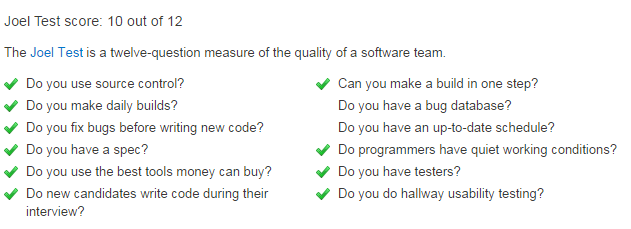In my experience, managers and even employees at a potential employer tend to emphasize the commitment to quality in their company or their team during interviews. I am also routinely asked about my proficiency with tools and processes to improve and maintain code quality. It is also customary to write some code during the interview or as an assignment.
Having experience with several maintenance projects, I had to learn the value of good code the hard way. It has become very important to me when writing my own code. And I do not want to be employed by a company that is not committed to writing good code, definitions of good code aside.
However, once the legacy code is on the table I am often disappointed as it turns out that the commitment to code quality is rather a figure of speech. It tends to be teeming with simple errors that have been introduced years ago, has no consistent formatting, no consistent idioms and sometimes exhibits a grotesque misunderstanding of basic coding techniques and principles. I am probably preaching to the choir here :)
Is it a good idea to ask a potential employer to show some source code first? Specifically, I would like to see some production code samples.
How can I ask for it so that a potential employer will understand my concerns and actually allow me to take a look.
Are they likely to refuse on grounds other than bad code quality (confidentiality etc.)?
If they should refuse, how can we reach an agreement that is satisfactory for both sides?
For the sake of the argument, let's assume that I will be able to determine the code quality from a fairly small sample - my question is really only about whether and how to ask for it. Warning me about low expected returns is nice, but off-topic.
I am not an applicant. I have been approached because of my qualifications and would like to evaluate whether I am actually interested. I am not afraid of being excluded from the race. My primary objective is to find out if the food is to my liking without having to eat up the whole plate.

